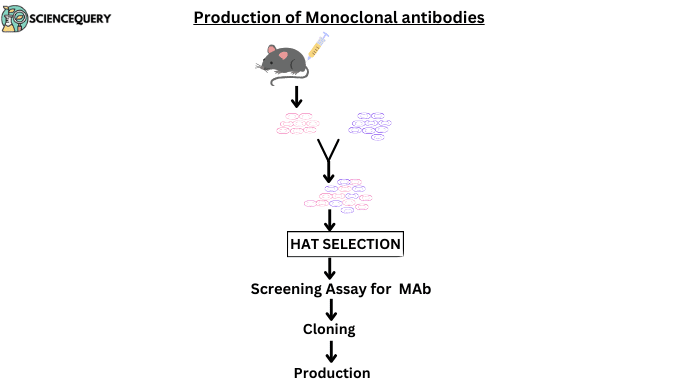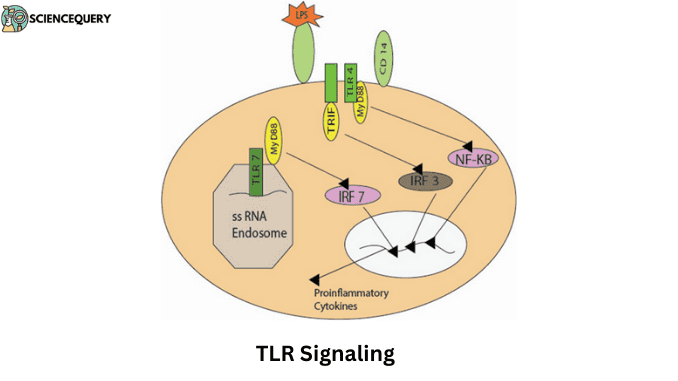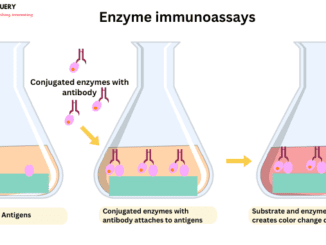
Antisera: Harnessing the power of antibodies
Introduction Definition Antisera is defined as a serum present in our blood that contains monoclonal or polyclonal antibodies that provide passive immunization to our body. […]

Introduction Definition Antisera is defined as a serum present in our blood that contains monoclonal or polyclonal antibodies that provide passive immunization to our body. […]

Introduction The word Innate means something that has been present since the birth. Hence innate immunity is the first line of defence that our body […]

Know in one minute about Enzyme immunoassay Enzyme immunoassay is an important technique for the detection of proteins, hormones, peptides, etc. EIA determines the sample […]

Know in one minute about Immunoglobulins Immunoglobulins are proteins, also commonly referred to as antibodies, that are made by the immune system in response to […]
Copyright © 2024 | WordPress Theme by MH Themes